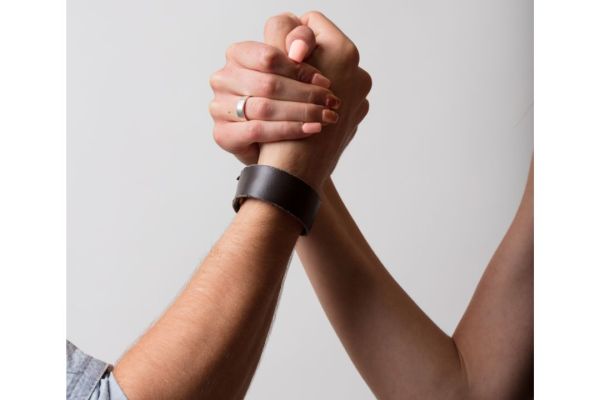
Emotion Regulation

While there are many ways to influence one’s emotional state for the better, emotion regulation often involves what experts call “down-regulation,” or reducing the intensity of emotions. A grieving person might down-regulate his sadness by recalling something amusing. An anxious person may cope by distracting herself from the thought that is causing her anxiety. Emotion regulation can also include “up-regulation,” or amping up one’s emotions, which can be useful when an imminent danger or challenge calls for a healthy dose of anxiety or excitement.
The process model of emotion regulation proposed by psychologist James Gross emphasizes that people can act to control their emotions at different points in time—including before they feel an emotion (“antecedent-focused emotion regulation”) and after they have already begun to react emotionally (“response-focused emotion regulation”).
Two broad categories of emotion regulation are reappraisal—changing how one thinks about something that prompted an emotion in order to change one’s response—and suppression, which has been linked to more negative outcomes. Other strategies include selecting or changing a situation to influence one’s emotional experience, shifting what one pays attention to, and trying to accept emotions.
Practicing habits such as mindful acceptance of emotions, shifting attention away from the source of negative emotions, or reframing emotional situations (such as thinking about a setback or mistake as an opportunity to learn) may be helpful, and a trained therapist could be a valuable partner in enhancing emotional control.
While emotions may never be completely subject to conscious control, it likely depends on which aspect of emotional experience one tries to control: One may quickly experience an intense initial negative feeling but choose to reappraise the cause of the feeling, or accept it and let it pass, averting further distress and negative behavior.
Parents can model effective strategies for coping with emotions and avoid “acting out” themselves. They can also be an “emotion coach,” talking with children about their emotions and teaching them how to label their feelings, respond to them, and express them appropriately.
From the Greek for “no words for feelings,” alexithymia is a term for difficulty with cognitively processing one’s own emotions, including paying attention to and describing them. It has been studied as a trait that differs between people. Researchers have reported that alexithymia is associated with distress and difficulty with emotion regulation.

Unlike small children, adults are expected to be able to manage their emotions—especially anxiety and anger—in a manner that is socially acceptable. When emotional control fails, people often say or do things they later regret and wish they had been able to keep their emotions in check. Emotion dysregulation is a component of certain forms of mental illness. Over time, it could have a negative impact on one’s personal well-being and social relationships.
Anger, resentment and disappointment are universally experienced states; people can work to control and mitigate these feelings, but should not needlessly pathologize them. In some cases, though, a lack of appropriate emotion regulation may be a sign of a mental health condition such as borderline personality disorder or depression.
There are obvious hazards of not properly moderating emotions like anger, anxiety, or fear: harm to relationships from overreaction, unnecessary suffering, foregone opportunities that seemed too daunting. Certain ways of regulating emotion regulation, such as regularly bottling them in, may also be associated with lower well-being and satisfaction with relationships.
A variety of factors might impede emotion regulation, including beliefs about negative emotions (that they are bad, or that we’re not able to control them), a lack of emotion-regulation skills, or situations that evoke especially powerful emotions (which is why situation selection is considered an emotion-regulation strategy). Uncertain or threatening conditions may make emotional "flooding" and diminished control more likely.














